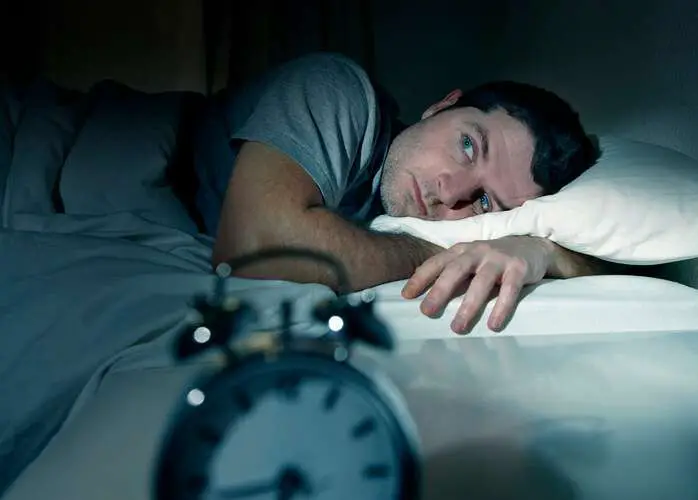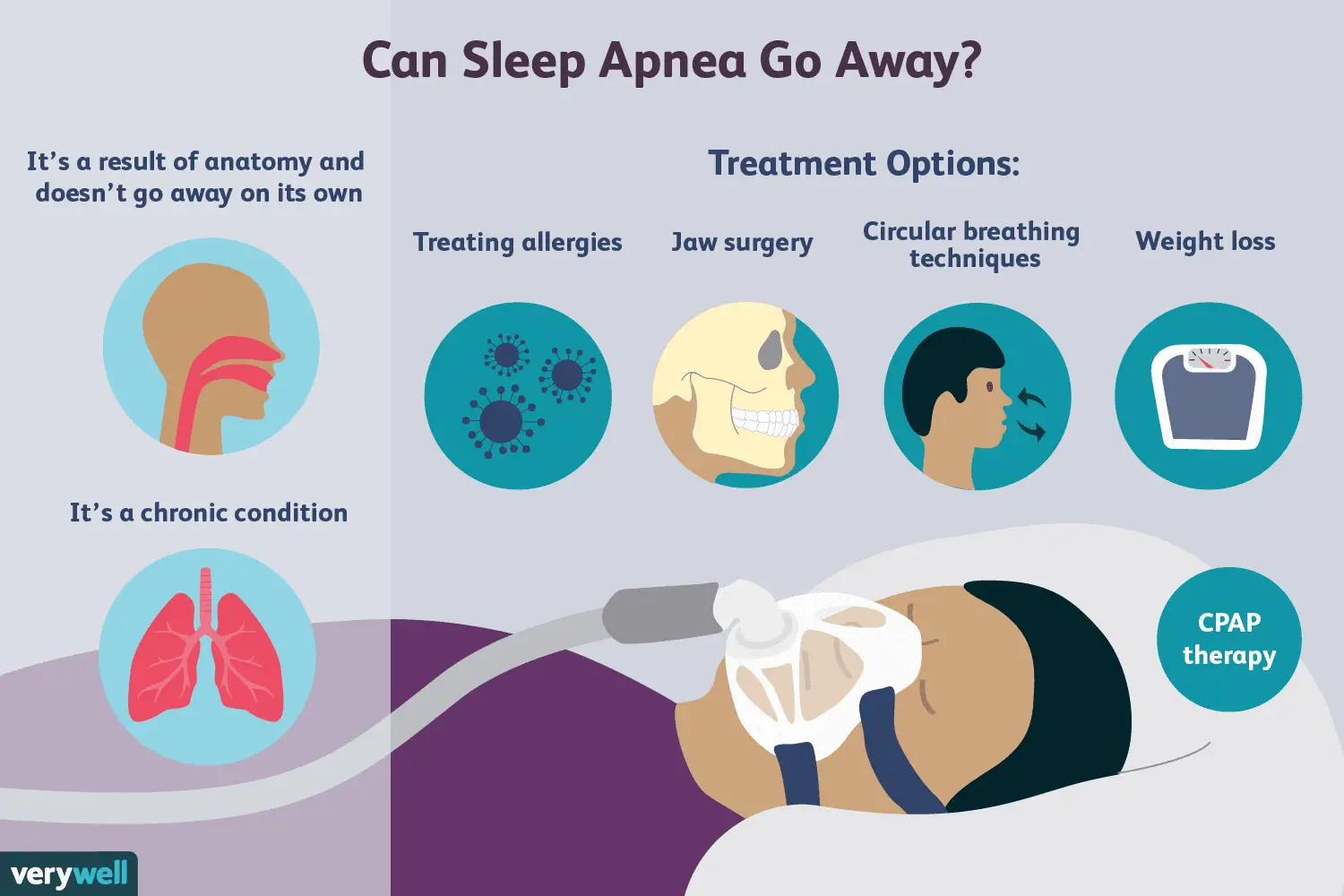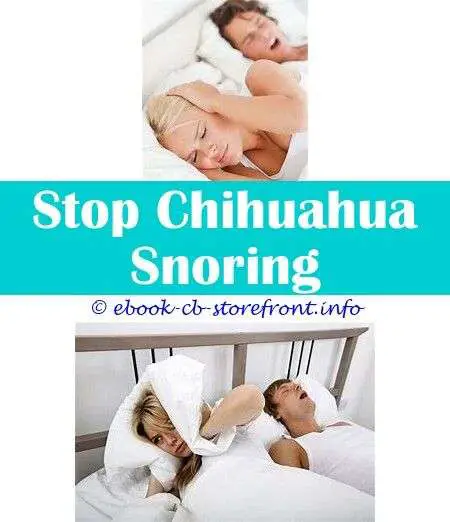Central Sleep Apnea Diagnosis
A central sleep apnea diagnosis can be completed by licensed physicians. The first step in a central sleep apnea diagnosis requires an examination, which generally includes the individual staying overnight in a sleep laboratory to receive a sleep study, or polysomnography, administered by a technician.
Periods of breathing cessation are measured in frequency during the sleep study, which will allow the technician to help determine what type of sleep apnea is present.In central sleep apnea, the interruption in breathing is associated with physically being unable to restart the cycle. A polysomnogram will show the relation between the cessation of airflow through the nose and mouth, as well as the absence of muscle movement in the rib cage and abdominal area.
Since central sleep apnea is frequently associated with heart, lung, or kidney diseases, there are other tests that are done with polysomnography, including:
- Lung function tests
Sleep Apnea Cardiovascular Risk And Metabolism
Several studies have shown an association between sleep apnea and problems like type 2 diabetes , strokes , heart attacks and even a shortened lifespan, says Jun. Why this connection? For one thing, obesity is common in sleep apnea patients, and obesity greatly increases risks of diabetes, stroke and heart attack, he says. In most cases, obesity is the main culprit behind both conditions, Jun explains.
Still, its important to note that not everyone with sleep apnea is obese. Furthermore, evidence suggests an independent link between sleep apnea and diabetes. Our lab and others have shown that sleep apnea is associated with higher risks of diabetes, independent of obesity, and that sleep apnea can increase blood sugar levels, says Jun.
For people who are overweight or obese, weight loss is key for treating or avoiding sleep apnea. People who accumulate fat in the neck, tongue and upper belly are especially vulnerable to getting sleep apnea. This weight reduces the diameter of the throat and pushes against the lungs, contributing to airway collapse during sleep.
Women in particular should be careful as they age. While premenopausal women tend to put on weight in the hips and in the lower body instead of the belly, this shifts with time. Weight begins to accumulate in traditionally male areas like the tummy, and this leads to a greater chance of sleep apnea.
What To Do Next
If you’re an Alaskan resident and you believe that you may have symptoms of sleep apnea, click the link below to schedule a free 10-minute phone consultation with one of our clinical sleep specialists. In just 10 minutes we can help you discover whether or not your symptoms warrant a sleep study to help you get diagnosed and treated for your sleep disorder.
Don’t Miss: Sleep Number C4 Smart Bed
What Other Health Problems Can Sleep Apnea Cause
Complications can include:
- Daytime fatigue. The repeated awakenings associated with sleep apnea make normal,
- High blood pressure or heart problems
- Type 2 diabetes. Having sleep apnea increases your risk of developing insulin resistance
- Metabolic syndrome. This disorder, which includes high blood pressure, abnormal cholesterol levels,
Does Sleep Apnea Go Away With Weight Loss

Harvard has mentioned that the most effective treatments for sleep apnea are weight loss and breathing devices. In their article they mention that the American College of Physicians emphasizes lifestyle changes for treating obstructive sleep apnea. Heres their recommendation for weight loss:
The ACPs first recommendation centers on weight loss for people who are overweight and obese. The link between excess weight and sleep apnea is well established. People who are overweight have extra tissue in the back of their throat, which can fall down over the airway and block the flow of air into the lungs while they sleep.Though losing weight is easier said than done, it can yield real results. If we can get people to lose weight, it would make both sleep apnea and other health problems go away, says Dr. Epstein. Losing just 10% of body weight can have a big effect on sleep apnea symptoms. In some cases, losing a significant amount of weight can even cure the condition.
I have emphasized the main important things here. if youre overweight, then extra tissue in the back of your throat can obstruct the flow of air. Once you lose weight, this extra tissue can become smaller and this can improve or cure- your sleep apnea.
Don’t Miss: Michael Sealey Sleep Hypnosis For Anxiety Reduction & Reversal
How Is Central Sleep Apnoea Syndrome Diagnosed
Breathing difficulties while sleeping can be caused by a variety of medical conditions, so a range of diagnostic tests may be needed to confirm or rule out CSA. Sleep studies are the main method of investigating CSA. A sleep study usually means an overnight stay in a sleep unit, where measurements of the childs breathing during sleep are recorded by technologists/physiologists experienced in working with children. The measurements are recorded using stick-on or wrap-around sensors and include respiratory rate, heart rate, oxygen saturation, chest wall movement, airflow, measurement of CO2, video and sound recording. The results are then interpreted by a paediatric sleep consultant, who can make a diagnosis of CSA.
Continuous Positive Airway Pressure
CPAP improves cardiac function in patients with congestive heart failure and CSB-CSA.
A study published in 2000 suggesting that CPAP may reduce the combined rate of mortality and cardiac transplantation in heart failure patients with CSB-CSA. This observation raised substantial interest and resulted in the institution of a large prospective study, the Canadian Prospective Continuous Positive Airway Pressure trial for congestive heart failure trial. While this latter study failed to confirm a mortality benefit, CPAP was associated with attenuation of central sleep apnea, improvement of nocturnal oxygenation, lowering of norepinephrine levels, improvement in ejection fraction, and the increased distance walked in six minutes.
Another study demonstrated that despite lowering of the AHI, CPAP had no significant effect on the frequency of arousals, sleep efficiency, or the amounts of total, slow wave, or rapid eye movement sleep in heart failure patients with central sleep apnea.
You May Like: Can You Get Dry Eyes From Lack Of Sleep
Sleep Apnea And Cardiovascular Health
Sleep apnea affects a persons entire cardiovascular system in several ways. Each time a breathing lapse occurs, the bodys oxygen supply drops, triggering a fight or flight response. When this response occurs, blood pressure surges and heart rate increases, causing the sleeper to awaken and reopen their airway. This cycle repeats throughout the night. The cyclic rising and falling blood oxygen levels can cause inflammation, which in turn may lead to atherosclerosis which is associated with heart attacks, stroke, and high blood pressure.
Sleep apnea also elevates carbon dioxide and glucose levels in the blood, disrupts the part of the nervous system that controls heartbeat and blood flow, increases insulin resistance, and alters the flow of oxygen and carbon dioxide. As a result, sleep apnea is associated with the following heart, lung, and metabolic problems, among others:
- Hypertension
- Atrial fibrillation and other arrhythmias
- Heart failure
- Stroke and transient ischemic attacks
- Coronary heart disease
- Metabolic syndrome
Who Gets Sleep Apnea
Sleep apnea occurs in about 25% of men and nearly 10% of women. Sleep apnea can affect people of all ages, including babies and children and particularly people over the age of 50 and those who are overweight.
Certain physical traits and clinical features are common in patients with obstructive sleep apnea. These include excessive weight, large neck and structural abnormalities reducing the diameter of the upper airway, such as nasal obstruction, a low-hanging soft palate, enlarged tonsils or a small jaw with an overbite.
Read Also: Does Sleeping In The Cold Help Lose Weight
Central Sleep Apnea Treatment Options
What are the main central sleep apnea treatment options and what can you expect if youve been diagnosed with central sleep apnea ? We conclude our four-part series on central sleep apnea with a look at the most common methods of treating this condition.
Central sleep apnea is different than obstructive sleep apnea . Those differences stem from the very distinct causes of both conditions. OSA is caused by physical blockage to your breathing airways. CSA, on the other hand, has neurological causes think of it as your brain failing to tell your body to breathe consistently throughout the night.
So, given the different nature of these two types of sleep apnea, it makes sense that central sleep apnea treatment options may be considerably different than obstructive sleep apnea treatment options.
Surgery For Sleep Apnea: For Specialized Cases
For a small percentage of patients, a structural abnormality in the mouth or throat can cause sleep apnea. A floppy soft palate or large tonsils, adenoids, or tongue are all possible factors. There are different surgical procedures to address each concernjaw advancement surgeries, UPPP procedures , or even tonsillectomies and adenoidectomies. A sleep doctor can evaluate the structures in your mouth and throat, and let you know if you are possibly a candidate for sleep apnea surgery.
You May Like: Do You Lose More Weight Sleeping Or Awake
Causes Of Sleep Apnea
To treat sleep apnea, or to get rid of it for good, youll need to get down to the root cause. Some causes of sleep apnea include:
- Weight Being overweight or obese is a common cause. The extra tissue in the upper airway and around the neck can obstruct your airway, keeping you from breathing during sleep.
- Sleep Position Some people only have periods of apnea while sleeping on their backs .
- Anatomy Sometimes your anatomy can be the cause of your sleep apnea. This could be from large tonsils that narrow the upper airway or a deviated septum, for example.
- Alcohol Alcohol can relax muscles and tissues that can block the airway.
- Smoking Smoking can cause inflammation in the airway, contributing to sleep apnea.
- Medication Certain medications may also play a role in causing sleep apnea.
How To Treat Central Sleep Apnea

PAP is the treatment most often used for CSA. It is delivered through a mask that you wear over the nose alone or the nose and mouth. The air gently blows into the back of the throat. This keeps the airway open so you can keep breathing as you sleep.
The amount of air pressure needed is different for each person. A CPAP study will show what level is right for you. Often a variation of PAP, called BPAP , is used.
A thorough evaluation and treatment of underlying medical conditions needs to be done. Heart failure or kidney failure needs specific treatment. Stroke may require special care such as rehabilitation and a careful assessment of your risk of having another stroke.
In the case of high-altitude periodic breathing, no specific treatment may be needed but other problems that occur at high altitudes may need to be addressed. Some of these may respond to medication. Others require avoiding high altitudes and are often reversible by descending to a lower altitude.
In the case of CSA due to drug or substance, a change of medication or discontinuation of the medication or substance may be needed.
Some patients with CSA may be treated with upper airway stimulation. The implanted device stimulates the nerve that sends signals to the diaphragm to stimulate breathing.
You May Like: Sleep Wake Button Iphone 7
How Excess Weight Causes Sleep Apnea
Several health conditions increase the likelihood of developing sleep apnea, but OSA is most common in people who are overweight or obese. Excess weight creates fat deposits in a persons neck called pharyngeal fat. Pharyngeal fat can block a persons upper airway during sleep when the airway is already relaxed. This is why snoring is one of the most common sleep apnea symptoms air is literally being squeezed through a restricted airway, causing a loud noise.
Additionally, increased abdominal girth from excess fat can compress a persons chest wall, decreasing lung volume. This reduced lung capacity diminishes airflow, making the upper airway more likely to collapse during sleep. OSA risk continues to increase with a rising body mass index , which measures ones body fat based on height and weight. Even a 10% weight gain is associated with a six-fold increase in OSA risk.
Less common causes of sleep apnea include enlarged tonsils that block the airway, anatomical features such as a large neck or narrow throat, endocrine disorders , acid reflux, lung diseases, and heart problems. However, roughly 6090% of adults with OSA are overweight.
Get tested for sleep apnea from the convenience of your own bedroom!
Lofta WatchPAT is a FDA-approved portable diagnostic device that uses the most innovative technology to ensure the accurate screening, detection, and the follow-up treatment of sleep apnea. .
What Are The Signs Of Sleep Apnea In Babies
Its important to know the signs of sleep apnea in babies.
If your baby is making grunting or snoring sounds while sleeping, has pauses during breathing for 15 seconds at a time, and/or wakes up gasping after these episodes it could be an indication that they have this condition.
How common are cases? Its estimated to affect about one out every five hundred babies.
Read Also: Sleep Number Bed Clarksville Tn
Complex Sleep Apnea Syndrome
Muhammad Talha Khan
1Division of Pulmonary, Critical Care and Sleep Medicine, Medical College of Wisconsin, 9200 W. Wisconsin Avenue, Milwaukee, WI 53226, USA
Academic Editor:
Abstract
Complex sleep apnea is the term used to describe a form of sleep disordered breathing in which repeated central apneas persist or emerge when obstructive events are extinguished with positive airway pressure and for which there is not a clear cause for the central apneas such as narcotics or systolic heart failure. The driving forces in the pathophysiology are felt to be ventilator instability associated oscillation in PaCO2 arterial partial pressure of Carbon Dioxide, continuous cositive airway pressure related increased CO2 carbon dioxide elimination, and activation of airway and pulmonary stretch receptors triggering these central apneas. The prevalence ranges from 0.56% to 18% with no clear predictive characteristics as compared to simple obstructive sleep apnea. Prognosis is similar to obstructive sleep apnea. The central apnea component in most patients on followup using CPAP therap, has resolved. For those with continued central apneas on simple CPAP therapy, other treatment options include bilevel PAP, adaptive servoventilation, permissive flow limitation and/or drugs.
1. Introduction
2. Definition
3. Pathophysiology
Schematic representation of pathogenesis of complex sleep apnea syndrome.4. Clinical Characteristics
5. Treatment
5.1. Positive Pressure Devices
6. Conclusions
How Is Central Sleep Apnea Diagnosed
A definitive diagnosis of CSA is made using an in-lab polysomnography, which is a detailed sleep study that measures breathing, respiratory effort, electrocardiogram, heart rate, oxygen, eye movement activity, muscle activity, and electrical activity of the brain during an overnight stay in a sleep clinic.
Because central sleep apnea can be tied to several health problems, a healthcare provider may also recommend other tests, such as a brain scan or an echocardiogram of the heart to determine the underlying cause.
Anyone who has noticed potential symptoms of central sleep apnea should speak with a doctor who can review their situation and determine if any diagnostic testing is appropriate.
Don’t Miss: Manifest Weight Loss While You Sleep
Will Sleep Apnea Go Away Without Treatment
Learning about your sleep apnea treatment is your next step after being diagnosed with this fairly common sleeping condition. According to Hopkins Medicine, its important to treat sleep apnea, because it can have long-term consequences for your health. Ready to find out more about why treating this condition is so important to your overall health?
How Does Apnea Affect Breathing
With apnea, your airways are fully obstructed so that you do stop breathing for 10 seconds or more during the night. With either case, you might wake up many times during your sleep to catch your breath without being aware. Hypopnea has three types: Central hypopnea, when air flow lessens and breathing slows
You May Like: Difference Between P5 And P6 Sleep Number Bed
Obstructive Vs Central Sleep Apnea: Key Differences And Treatment Options
Sleep apnea is a common sleep disorder that affects thousands of individuals. With this condition, you have an interruption in your breathing while sleeping that occurs through repetitive pauses, referred to as apneic events. There are several types of sleep apnea, but two prominent types include obstructive sleep apnea and central sleep apnea.
As a sleep technologist, its important for you to know the key differences between central and obstructive apnea so you know how to best treat your patients who may have one or the other disorder.
Cpap For Treatment Of Sleep Apnea

A CPAP machine is typically the go-to treatment for how to get rid of sleep apnea. CPAP, which stands for continuous positive airway pressure, is a machine that hooks to a hose and mask and is worn over the nose during sleep. The continuous pressure from the machine works to hold open your airway during sleep, allowing air to flow freely to prevent periods of apnea. In other words, it holds your airway open while you sleep so you can keep breathing.
The reason CPAP machines work so well is that generally, it is soft tissues in the neck, throat, and upper airway, along with the tongue, that relax during sleep and obstruct the airway. This obstruction is what causes you to stop breathing for several seconds or minutes while youre asleep. This type of sleep apnea is known as obstructive sleep apnea , and is the most common.
CPAP will not cure sleep apnea but can be an effective treatment if used properly.
Also Check: Sleep Number P5 Replacement Foam